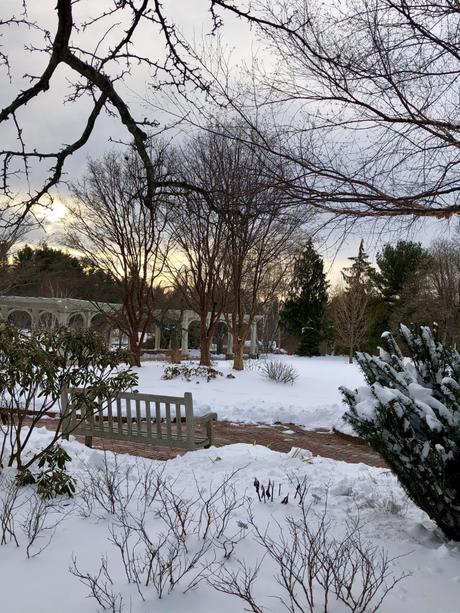
Week 4 - Advent
Tomorrow, December 21st, marks the longest night of the year. While living in Kurdistan we found out that Kurds and Iranians honor the longest night of the year with a celebration. They gather together with family and friends eating, drinking, and reading poetry of which the poet Hafez born in Shiraz is said to be a favorite.
I love this. I love that they have taken the shortest day and replaced it with the longest night, making it a celebration instead of a depressing mark of winter. With this celebration they replace resignation with gratitude, and in so doing bring light to the darkness.
After December 21st, the days slowly and steadily get longer. We see earlier and brighter light as daylight increases by around a minute and a half each day.
In the middle of the longest night there is an invitation for us. An invitation that doesn't have to be old and tired, but instead can rise with new life during this year where sadness and lament threaten to overwhelm us.
It's a lesson of celebration and life, of hope and a brighter light.
This long year has held a mirror up to many of us individually and all of us collectively. We are more aware of our selfishness, of our need to be entertained, of our desire for comfort and freedom to go where we want when we want. We are more aware of what it is to be lonely, of what it is to collectively grieve. We are more aware of our need for each other and our quest for security and safety in places and from people and governments that can't give it.
It is still the Advent season and we are entering the longest night. Then, as we journey toward Bethlehem the light will get brighter and by December 25th, though it will barely be perceptible, daylight will be longer. I want to take the longest night and be filled with gratitude. Gratitude that light came into the World, a light that the darkness could not comprehend. Gratitude that it takes long nights of the soul for us to understand how beautiful this light is, how deeply we need it.
In my faith tradition, the Eucharist is not something that we take. Rather, it is something that we go forward and receive. Mouths open, arms across our chests, we lean forward to the priest. He reaches toward us across the cup, "The Servant of God, Sophia Maria, receives the Body and Blood of Christ." We don't do anything but walk up to the priest with the chalice. The rest is given to us. This is deeply powerful, a striking reminder that we have done nothing to deserve grace and salvation, rather it is a gift that is given to all. It is up to us to receive it. When we as Orthodox speak to each other about communion, we talk about receiving. We don't talk about taking communion, instead the words are always around receiving; receiving a gift.
Each time I receive, as I walk away making the sign of the cross, I am filled with gratitude. Gratitude for this gift, this light that came into the world, the "word made flesh."
This is what I think of as I think of moving into the light of Christmas. Moving forward with gratitude and receiving the light, a gift given to all of us.
Oh God, We come with fragile human hearts, broken by grief, by loss, by so much that hurts in this broken world. We come forward, empty of everything except deep longing. We walk through the longest night and enter into the bright light of morning and in gratitude, we receive you - the word made flesh. Fill us with you, for nothing else will truly satisfy.
Advent 2020
If you would like to catch up on other Advent readings, please see these:

